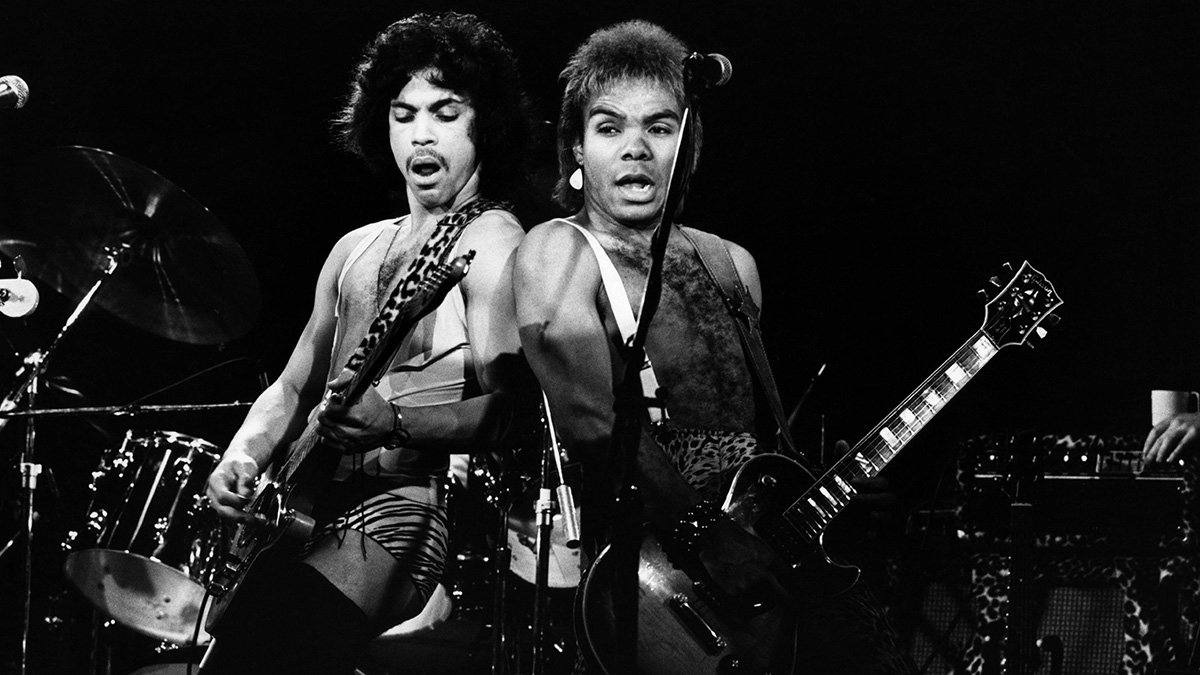Slate Digital promises to go beyond Ableton Live’s OTT preset with the MO-TT dynamics plugin
Even more over the top processing?
The OTT preset found in Ableton Live’s Multiband Dynamics plugin has become a modern music production staple, offering you a surefire way to make your tracks explode from your speakers and sound larger than life.
Now Slate Digital is promising to go beyond OTT with MO-TT, a new dynamics processor that’s designed to give you everything that Ableton’s preset does and more.
This isn’t the first time the OTT preset has inspired a plugin, of course - Xfer Records’ free OTT has been around for a while now - but Slate believes that its effort is the first to capture the “lightning in a bottle” that’s made the original preset so popular.
MO-TT offers three Quick Set Modes (OTT, Hip Hop and Vox) and then enables you to control the speed of your transients with the Classic, Smooth and Smack Timing styles. Global Macros mean that you can tweak the preset to taste without ‘breaking’ it.
Slate Digital is also keen to talk-up MO-TT’s flexibility - you can dial in the amount of processing required for each frequency band, and define these bands with high-pass and low-pass filters.
If you want the quickest possible results when using MO-TT, you can use its Easy view. Those who want more control so that they can finesse their sound can use the Advanced view.
MO-TT runs on PC and Mac in VST/AU/AAX formats. It can be purchased as a perpetual licence for $149, or you can use it free for a month, along with all of Slate’s other plugins, by signing up to a trial.
Get the MusicRadar Newsletter
Want all the hottest music and gear news, reviews, deals, features and more, direct to your inbox? Sign up here.
Find out more on the Slate Digital website.



I’m the Deputy Editor of MusicRadar, having worked on the site since its launch in 2007. I previously spent eight years working on our sister magazine, Computer Music. I’ve been playing the piano, gigging in bands and failing to finish tracks at home for more than 30 years, 24 of which I’ve also spent writing about music and the ever-changing technology used to make it.









